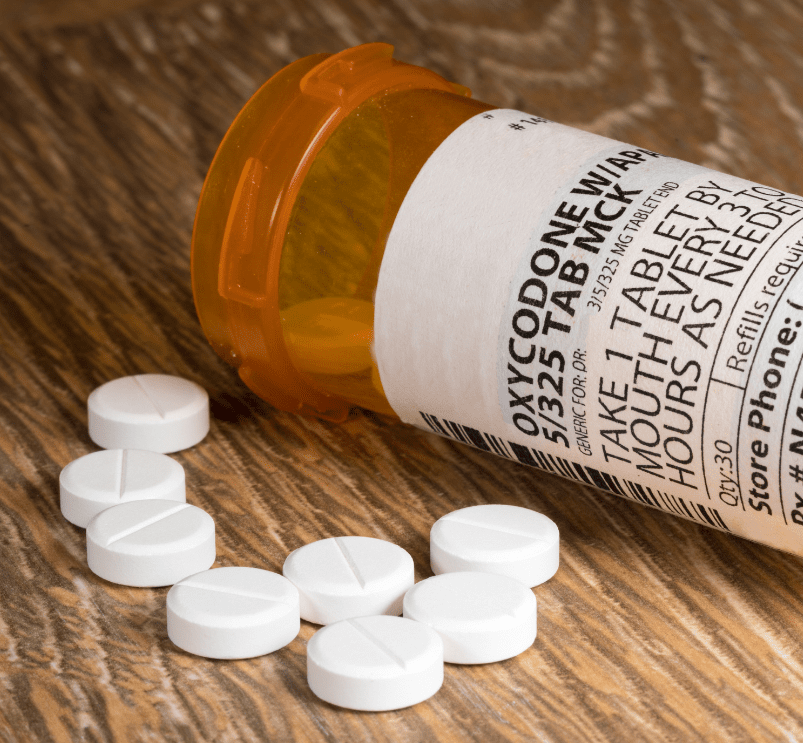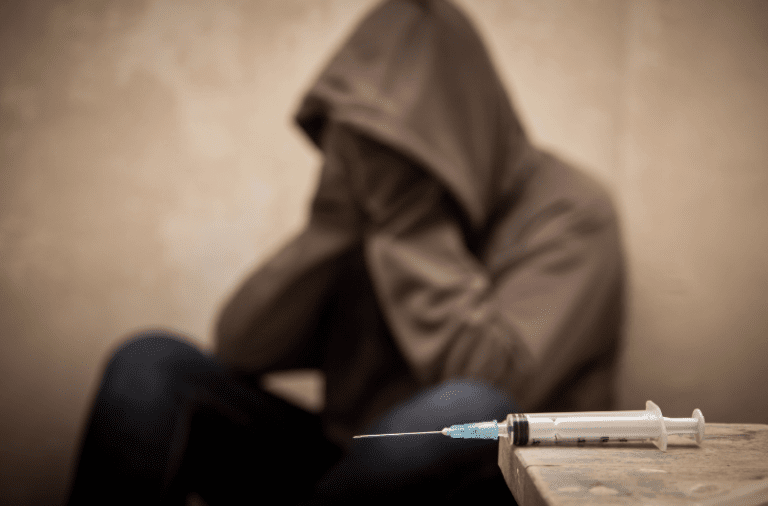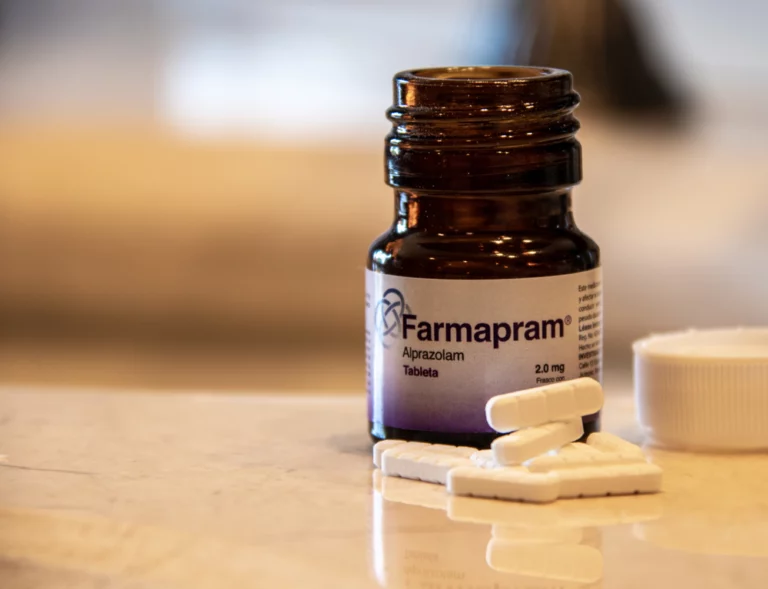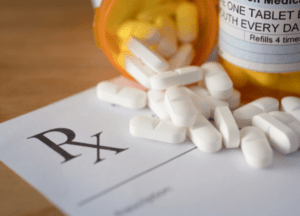How Dangerous is Combining Opioids and Cocaine?
Combining drugs is always dangerous, especially when those substances are potent on their own. Mixing depressants, like opioids, and stimulants, like cocaine, is dangerous because the effects and side effects of these drugs put additional stress on your body and mind. “Speedballing”, a term that is associated with mixing drugs like heroin and cocaine, can cause instantaneous cardiac arrest or overdose. If you or someone you care about is experimenting with dangerous combinations of substances, we encourage you to reach out to the experts at (Facility Name) at [Direct] to speak with a specialist about the benefits of an integrated drug addiction treatment program for those with co-occurring disorders and issues with polysubstance abuse.
The Dangers of Combining Opioids and Cocaine
If a person has an addiction to either opioids or cocaine it is cause for serious concern. Combining drugs like heroin or fentanyl with a stimulant like cocaine or meth can quickly make matters worse.
Both opioids and cocaine are addictive because they hijack your body’s natural sources of pleasure and rewire your brain to primarily receive pleasure from the addictive substance. A person who does not have a particular drug of choice but is addicted to several substances and uses them regularly has a polysubstance abuse disorder. Due to the increase of risk with polysubstance abuse, it’s highly recommended that clients who are abusing multiple drugs seek inpatient detox at a treatment facility to ensure safety and security.
Detox is an important part of the recovery process. Once an individual gets through the difficult initial phase of withdrawal, they can begin the healing process and begin to figure out how to rebuild their lives and develop an action plan towards lasting sobriety.

Signs of Polysubstance Abuse
There are many signs and symptoms associated with drug abuse and addiction.
Physical signs that someone is abusing drugs can include:
- Bloodshot eyes
- Runny nose or excessive sniffling
- Shakiness or tremors
- Changes in appetite
- Excessive fatigue
- Bursts of energy
- Rapid changes in weight
- Changes in sleep patterns
- Change in physical appearance
- Lack of concern for personal hygiene
- Increased insistence on privacy
Changes in mental health commonly associated with drug abuse include:
- Restlessness
- Agitation
- Irritability
- Nervousness
- Mood changes
- Increased anxiety
- Depression
- Paranoia
- Aggression or angry outbursts
- Awake at odd hours
- Insomnia
Changes in behavior that are commonly associated with addiction include:
- Relationship problems
- Lack of interest in usual hobbies
- Engaging in secretive activities
- Change in social groups
- Social isolation
- Getting into legal trouble
- Engaging in risky behaviors
- Neglecting personal responsibilities and obligations
- Family issues
- Work issues
- Unexplained need for money
- Lack of control
- Engaging in problematic behavior in spite of consequences
Treatment Options for Polysubstance Abuse
If someone is abusing multiple drugs like heroin and cocaine, it’s important to find a suitable program that can properly treat an individual who engages in polysubstance abuse. At (Facility Name), we pride ourselves on treating the whole person. This means we do not simply focus on the symptoms. Our medical doctors and mental health counselors work together with clients to create a treatment plan that is tailored to their particular needs. In the case of polysubstance abuse, the first step is detox. Clients will then work with a mental health therapist to address core issues that lead to the temptation to self-medicate with drugs.
We offer a range of programs and services to help our clients break the cycle of abuse. Our drug addiction treatment programs include:
- Partial hospitalization program (PHP)
- Intensive outpatient program (IOP)
- Outpatient treatment (OT)
- Relapse prevention
- Aftercare services
Our mental health practitioners offer effective treatments that include:
- Cognitive-behavioral therapy (CBT)
- Dialectical behavior therapy (DBT)
- Individual therapy
- Group therapy
- Family therapy
If you or someone you care about is abusing multiple substances and needs help ceasing their problematic behavior, reach out to Oasis Recovery today to speak with a specialist about the benefits of our programs and services for lasting sobriety.










